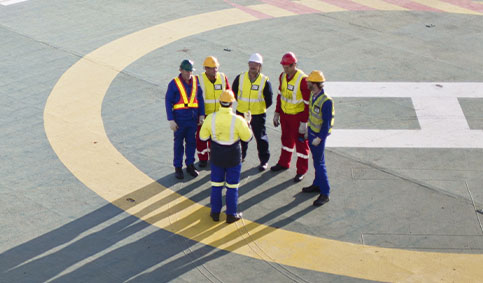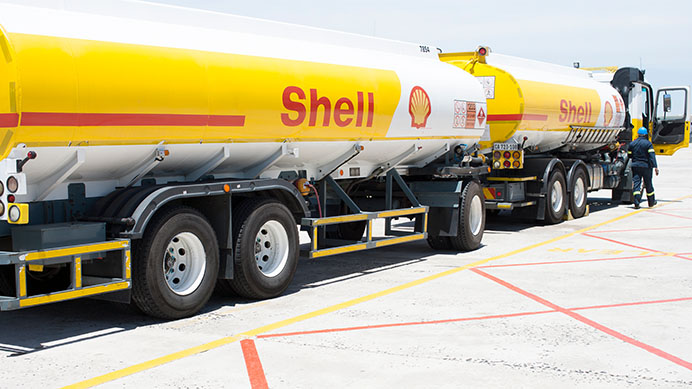Transport safety
Transporting large numbers of people, products and equipment by road, rail, sea and air poses safety risks. We seek to reduce these risks by developing best-practice standards within Shell. We also work with specialist contractors, industry bodies, non-governmental organisations and governments to find ways of reducing transport safety risks.
Road safety
In 2023, Shell employees and contractors drove around 464 million kilometres on work-related business. Commercial road transport accounts for most of the kilometres, but only two of this year’s 18 severe motor vehicle incidents (SMVIs) happened during commercial road transport. Nine SMVIs occurred during business travel, two during commercial transport activities and the remaining seven during on-site operations. There were no road transport-related fatalities in 2023.
In 2023, about 30,600 Shell employees and contractors were identified as driving on work-related business, and therefore required defensive driver training (DDT). In 2023, we launched an internal virtual DDT course to align better with industry partners’ approaches.
By the end of 2023, we had installed active fatigue and distraction detection (AFDD) devices in around 3,380 vehicles operated by Shell or our contractors in countries where road transport risks are highest. In 2024, we will continue to install AFDD devices in vehicles operated by Shell, including both contractor and Shell-owned vehicles. The AFDD devices have recorded and intervened in at least 130 high-risk fatigue events, preventing what could have resulted in motor vehicle incidents if the devices had not alerted the drivers.
Safety at sea
At the end of 2023, we managed and operated a global fleet of 25 tankers, liquefied natural gas carriers and the world’s first liquefied hydrogen carrier, the Suiso Frontier. We are one of the world’s largest charterers of oil and gas vessels. We work with our 500 global maritime partners through our Maritime Partners in Safety Programme to improve the safety performance of the shipping industry.
In 2023, we held 20 workshops on applying cause and effect analysis in incident investigations. Cause and effect analysis helps to identify the likely causes of an incident so that similar occurrences can be prevented in the future. The last serious injury or fatality on a Shell-operated vessel was in 2015.
Air safety
In 2023, for Shell-operated ventures, our owned and contracted aircraft flew more than 38,000 hours and safely carried Shell employees and contractors on more than 281,000 passenger journeys to destinations across the world. In addition, remotely piloted aircraft safely completed almost 3,400 flight hours on surveys, inspections, emissions surveillance, and security and incident response.









